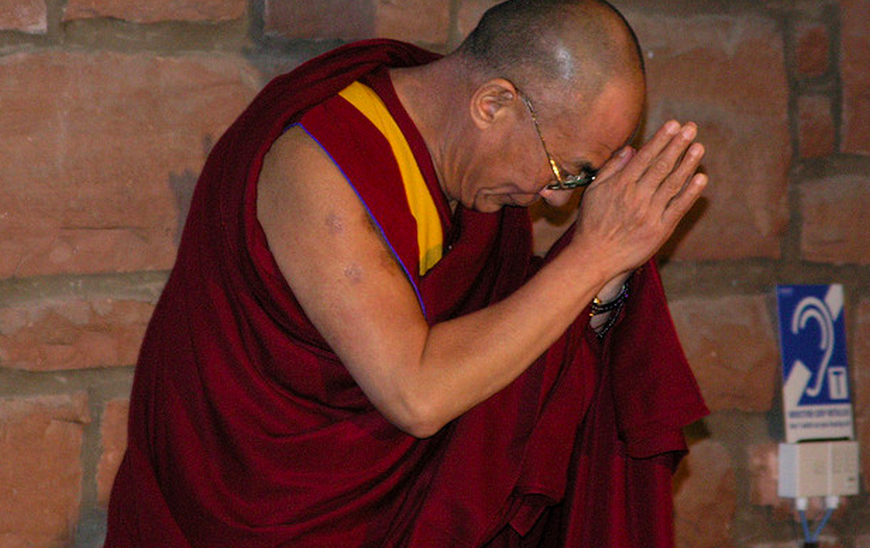
A few years ago, I had the opportunity to hear the Dalai Lama speak when he was in Calgary, Alberta.
At the conclusion of his talk, he took a few questions from the audience and I was fortunate enough to be able to ask him about public engagement.
I asked, “What, if anything, should we do about people who do not want to be involved in community?”
His response was something like this:
There are two kinds of people. First are the people who care and are involved. You can say to the, come, help us learn. Be part of this. The second kind are people who do not want to be involved. This is okay. Just leave them alone. Let them live in peace. They are not hurting anyone.
After conferring with is interpreter, he added this to his initial answer:
Oh! There is a third kind of person. This kind of person wants to be involved so that they can cause trouble. They like to cause trouble. They like to make problems. They aren’t trying to help. Those people – ignore them. Don’t include them.
He’s right. Of course.
How often have we all suffered the effects of involving those who we know to be troublemakers?
It sometimes feels like 90% of your time is spent working with 10% (or less) of the people. It’s painful and it doesn’t sit right. You know there has to be a better way.
Does his advice mean that, as government employees, we can truly decide to ignore people or fail to extend an invitation to them to participate? I don’t think that’s what it means. I think what it means is that we use our resources responsibly and expect others to do the same.
It means that it should be okay to say no. Okay to say enough. Okay to say, you’ve had your time, now we’re going to focus on another person, another question, another issue. We are not going to let you eat up all of our resources – be it staff, materials, time or energy.
Doesn’t this seem wise to you? To set limits? Whether it’s public engagement or customer service, if we allow people to run slipshod over processes and take up time, we end up failing to serve others. This is not what participation is about. This is not what responsible citizenry is about.
When we expend too much on one person, we are doing a disservice to other citizens. Moreover, we are failing to use what we have to offer in a way that is wise and respectful.
Let’s not reward selfish behaviour. Let’s not enable this behaviour. Let’s not negotiate absolutely everything. Let’s set responsible limits that encourage participation and service in a way that causes no harm or deficit of resources to others.
The Dalai Lama. One very wise public servant.
Tracy McCabe is part of the GovLoop Featured Blogger program, where we feature blog posts by government voices from all across the country (and world!). To see more Featured Blogger posts, click here.





Such great advice. Thanks for sharing!
We need to be aware that sometimes people are not truly opposed to being engaged in the process, they just don’t know how. Try to find common ground?
Thanks for this nugget of wisdom.
While I agree with Ms. McCabe’s interpretation and application of the Dalai Lama’s “wisdom”, I wonder, since these blogs are from government employees, to government employees, if I were to submit wise words from the Bible and apply it to our government service if it would get published? Food for thought.
Probably not, unfortunately.
Words from the Dalai Lama can be interpreted as words from a wise man. You don’t have to have the same religious beliefs with someone in order to listen to advice. We work in government, we have to work with and collaborate with people of all different faiths (or none) in order to get our jobs done. There was no particular religious references in the post. Quotes from the Bible have definite religious sentiments.